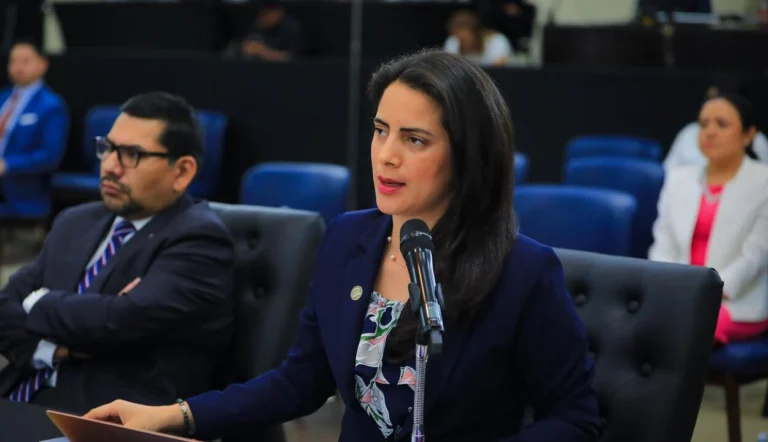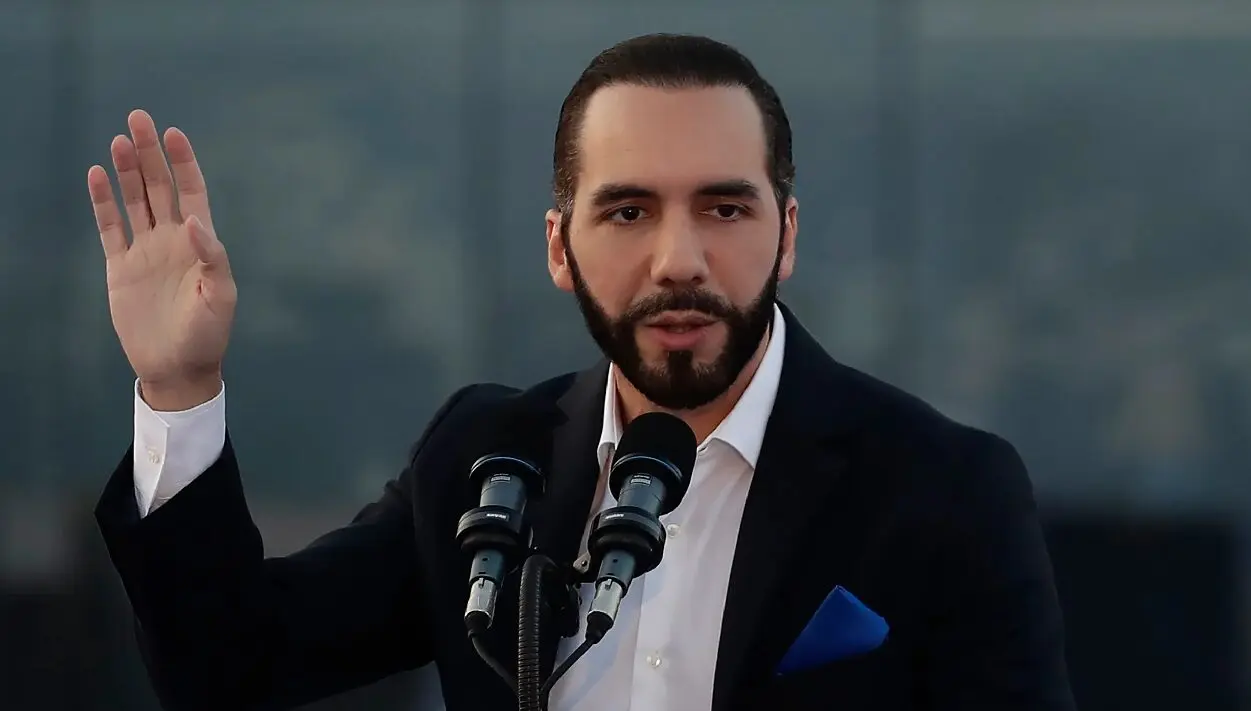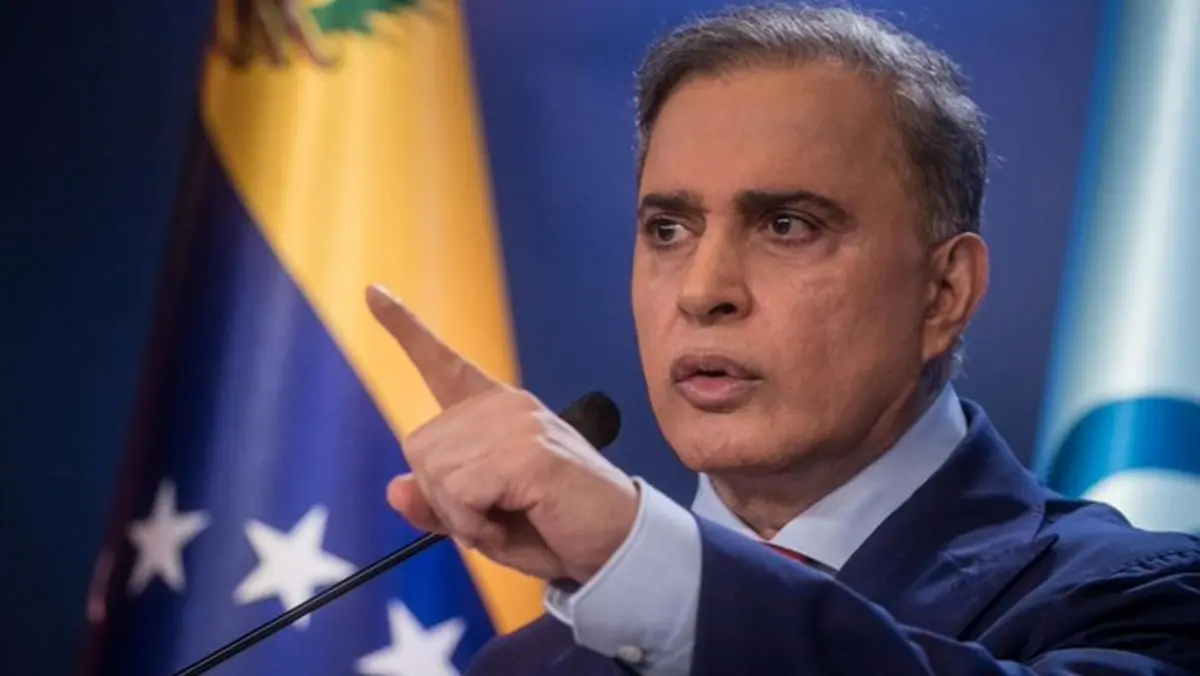VAMOS Deputy Challenges Constitutionality of El Salvador’s Indefinite Presidencial Re-Election Reform

(FILE) Salvadoran deputy Claudia Ortiz. Photo: Prensa Latina.
August 9, 2025 Hour: 1:12 am
Claudia Ortiz, a deputy from the Salvadoran opposition party VAMOS, filed on Friday a constitutional challenge before the Constitutional Chamber of the Supreme Court against a reform that enables indefinite presidential re-election, which was approved and ratified by Congress last week.
RELATED: El Salvador Removes Presidential Term Limits, Enabling Bukele to Seek Re-Election
“We have filed a constitutional challenge to declare unconstitutional the reforms made to the Constitution of the Republic that authorize indefinite presidential re-election,” Ortiz told reporters.
She stated that “the constitutional order of El Salvador has been broken” and “we deserve the restoration of constitutional order and for our form of government to protect citizens’ rights to free and fair elections.”
“This is a moment to fight, a moment to move the country forward, and this is a concrete action we are taking toward that,” the legislator added.
The text reads: Some, out of comfort or complacency, will say that democracy is dead. But as long as there is a people, there is opportunity. Our Constitution not only recognizes but commands resistance when the constitutional order is broken: that is the right and duty of insurrection. Fatalism does not help; it almost always comes from those who cause the problems and then offer no solutions. Do not leave me alone. Do not leave VAMOS alone, which stands with the people not in times of abundance—as the ruling party did—but now, when it is most needed. Thank you!
The Legislative Assembly, dominated by the ruling Nuevas Ideas (NI) party, approved and ratified in a single day on July 31—without prior analysis or debate—reforms to Articles 75, 80, 133, 152, and 154 of the Constitution, which give President Nayib Bukele the chance to seek a third consecutive term. Bukele points out that “90% of developed countries” allow indefinite re-election.
On the presidential election day in February 2024, Bukele was asked if he saw the need for a constitutional reform to include indefinite re-election, and he replied: “I don’t think a constitutional reform is necessary.” In January of that year, he stated in an audio conversation on X that he was not seeking “indefinite re-election”.
“Currently, indefinite re-election does not exist in El Salvador, nor am I seeking it; the current law does not allow it, nor is there a mechanism like a plebiscite or referendum to modify that,” the politician said.
More than twenty organizations, including the Center for Justice and International Law (CEJIL), the Washington Office on Latin America (WOLA), and the Robert F. Kennedy Human Rights Foundation, expressed on Monday that what is happening in El Salvador “is part of a pattern of strengthening authoritarianism” in Central America.
These organizations join others, such as Amnesty International (AI) and Human Rights Watch (HRW), which have spoken out on this issue and expressed concern over what they see as a weakening of democracy in El Salvador.
Author: vmmh
Source: EFE






